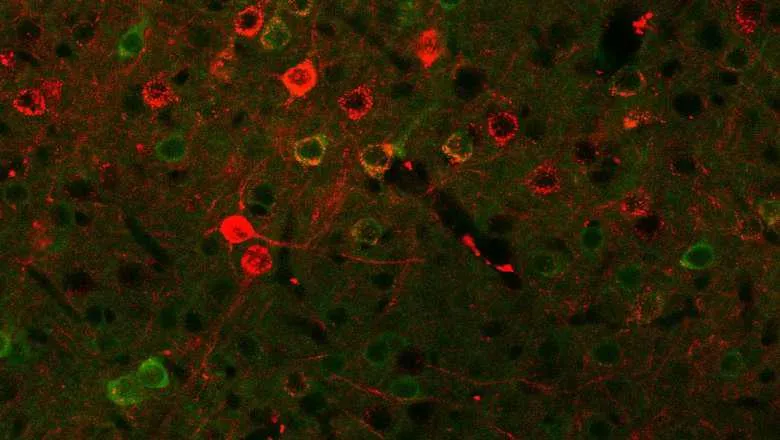“I am delighted to receive this incredible support from the Wellcome Trust. I have been privileged to work with outstanding researchers in my lab who made this award possible. There are tremendous advances underway in neuroscience at this moment, providing unprecedented abilities to measure and manipulate brain activity at cellular and sub-cellular resolution. In this project we hope to build on these advances to solve fundamental problems about how the brain generates complex cognitive behaviour.”
Dr Adil Khan, Senior Lecturer at the IoPPN
05 October 2023
Dr Adil Khan receives £3.44 million Wellcome Career Development Award
The funding supports his project “Neural circuit basis of flexible behaviour” over an 8-year period.

Dr Adil Khan, a Senior Lecturer at the IoPPN, has received the Wellcome Career Development Award to study the neural circuits that enable animals to produce flexible and adaptive behaviours.
Dr Khan is a Sir Henry Dale Fellows, receiving the fellowship in 2018 as he joined the Centre for Developmental Neurobiology. His group studies the neural circuit basis of cognition, a hallmark of intelligent behaviour which includes functions such as working memory, decision making and attentional switching.
To survive, animals must be able to flexibly update their behaviours to respond to changes in the environment. This ability to adapt ongoing behaviour is one of the most fundamental cognitive processes, however, the underlying neural mechanisms are poorly understood.
Flexible cognition is best understood in the framework of “predictive processing”, postulating that the brain constantly generates predictions about the world using an internal model, or mental picture of the world. The brain updates this mental picture when there are “prediction errors”, where its predictions turn out to be wrong.
The project “Neural circuit basis of flexible behaviour” aims to discover what neural circuits across the brain enable animals to compute prediction errors, and to subsequently adapt their ongoing behaviours. The Khan lab has recently identified neurons that encode prediction errors in the mouse anterior cingulate cortex (ACC), a part of the brain that is responsible for attention allocation and switching. This work has been published as a preprint in BioRxiv.
Dr Khan hypothesises that the ACC is part of a network of brain areas that use precisely wired circuits of inhibitory and excitatory neurons to compute prediction errors. He wishes to understand the neural pathway involved in the computation of prediction errors, identifying the “input” circuits that process and compute the prediction errors and the “output” circuits that influence the resulting behaviour of the animal.
I am pleased that Adil is receiving the recognition he deserves for this exciting work. We are fortunate to have him in our centre, collaborating with other great scientists. His project will advance our understanding of the brain and help unravel the mystery of animal behaviours.”
Professor Oscar Marín, Director of Director of the Centre for Developmental Neurobiology and the MRC Centre for Neurodevelopmental Disorders
The Wellcome Career Development Award scheme provides funding for mid-career researchers from any discipline who have the potential to be international research leaders. The scheme supports them to develop their research capabilities, drive innovative programmes of work and deliver significant shifts in understanding that could improve human life, health and wellbeing.

